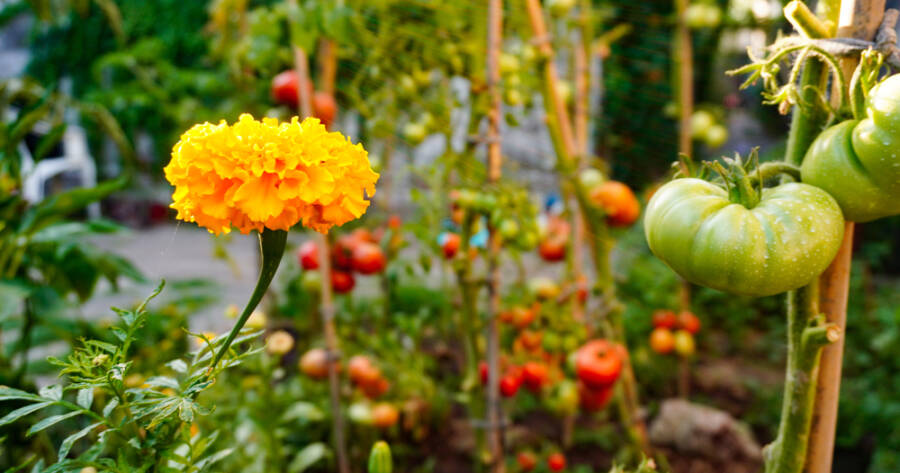Permaculture gardening is a holistic approach to designing farms and gardens that mimic natural ecosystems. It focuses on creating sustainable, self-sufficient systems that are in harmony with the environment. Permaculture principles can be applied to any size garden, from a small backyard plot to a large-scale farm.
Companion Planting Chart Guide
Companion planting is a technique that involves planting different types of plants together to benefit each other. Some plants, such as marigolds, can help to repel pests from other plants. Others, such as legumes, can help to fix nitrogen in the soil, which benefits other plants. A companion planting chart can help you to plan your garden so that you can take advantage of these beneficial relationships.
Food Forest Design Tips
A food forest is a garden that is designed to mimic a natural forest. It is typically made up of a variety of plants, including trees, shrubs, and ground covers.1 Food forests can provide a wide range of benefits, including food, shelter, and wildlife habitat. When designing a food forest, it is important to consider the climate, soil conditions, and available space.
Best Practices for Permaculture Soil Building and Irrigation Methods
Healthy soil is essential for a successful permaculture garden. There are a number of ways to build healthy soil, including composting, mulching, and crop rotation. Permaculture also emphasizes the use of water-efficient irrigation methods, such as drip irrigation and rainwater harvesting.2
Why You Should Learn More About Permaculture Gardening Principles
Permaculture gardening is a sustainable and rewarding way to grow food. By learning more about permaculture principles, you can create a garden that is not only beautiful, but also productive and resilient. There are many resources available to help you learn more about permaculture, including books, articles, and websites. You can also find permaculture courses and workshops in your local area.
